Search: CEM
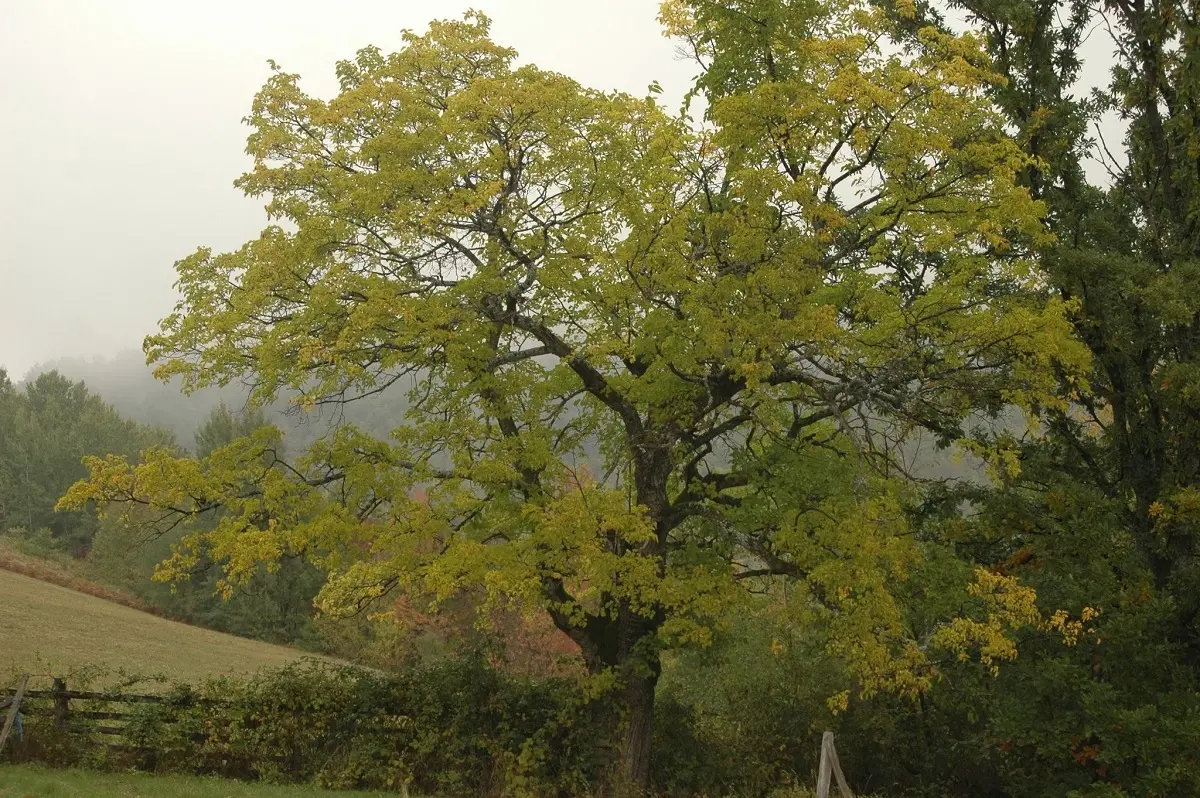
News | 26 Aug, 2022
The two latest knowledge products on Nature-based Solutions (NbS) present key findings and recommendations on how to enhance climate change adaptation and help reduce the risk of disasters in the Western Balkans. The NbS scoping studies for Bosnia and Herzegovina and Serbia are now available …
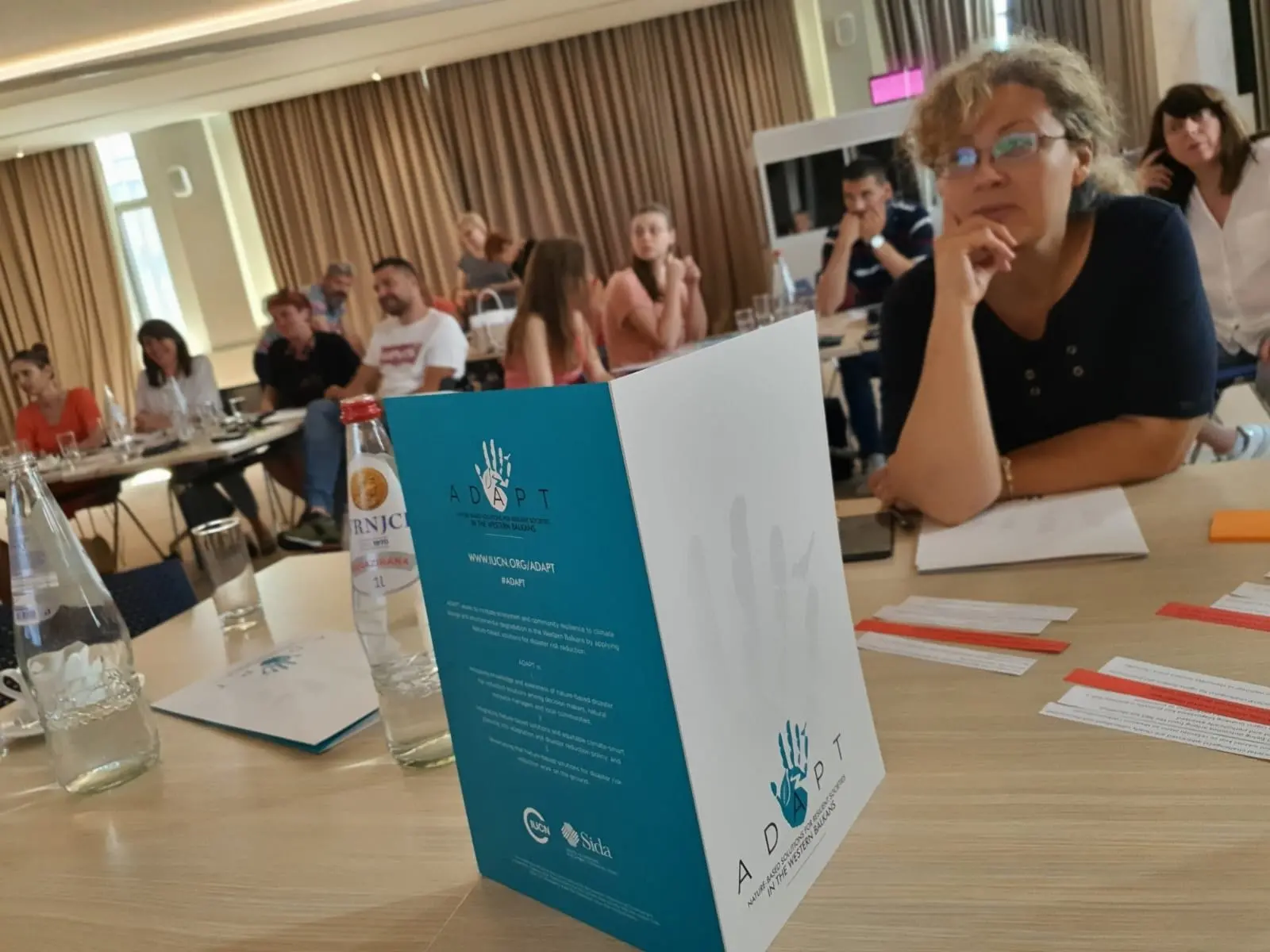
Story | 25 Jul, 2022
Building the knowledge and capacity on Nature-based Solutions in the Western Balkans
IUCN team of experts has delivered a set of training events in Albania, Bosnia and Herzegovina, Montenegro, and Serbia from March to July 2022 aiming to facilitate experience sharing, strengthen knowledge, and sensitise decision-makers, planners, and practitioners on the role of Nature-based…
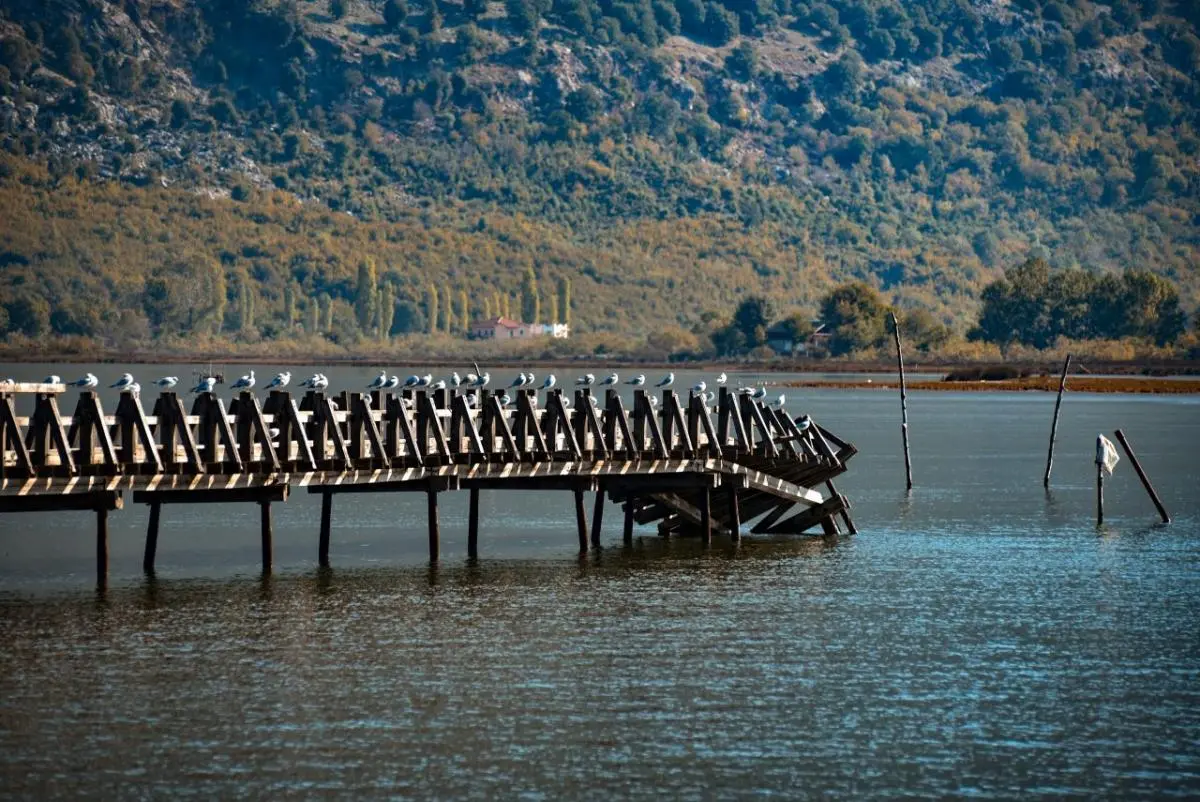
Story | 20 Jul, 2022
Enhancing legal and policy frameworks for Nature-based Solutions in the Western Balkans
Until now, there has been no systematic and consistent approach to legal and policy analysis that addresses the integration of Nature-based Solutions (NbS) into development strategies, sectoral policies and legal instruments to tackle climate change and disaster risks. In responding to this gap…

Page | 01 Jul, 2022
ADAPT: Nature-based Solutions in the Western Balkans
Increasing ecosystem and community resilience to climate change and environmental degradation by applying Nature-based solutions in the Western Balkans
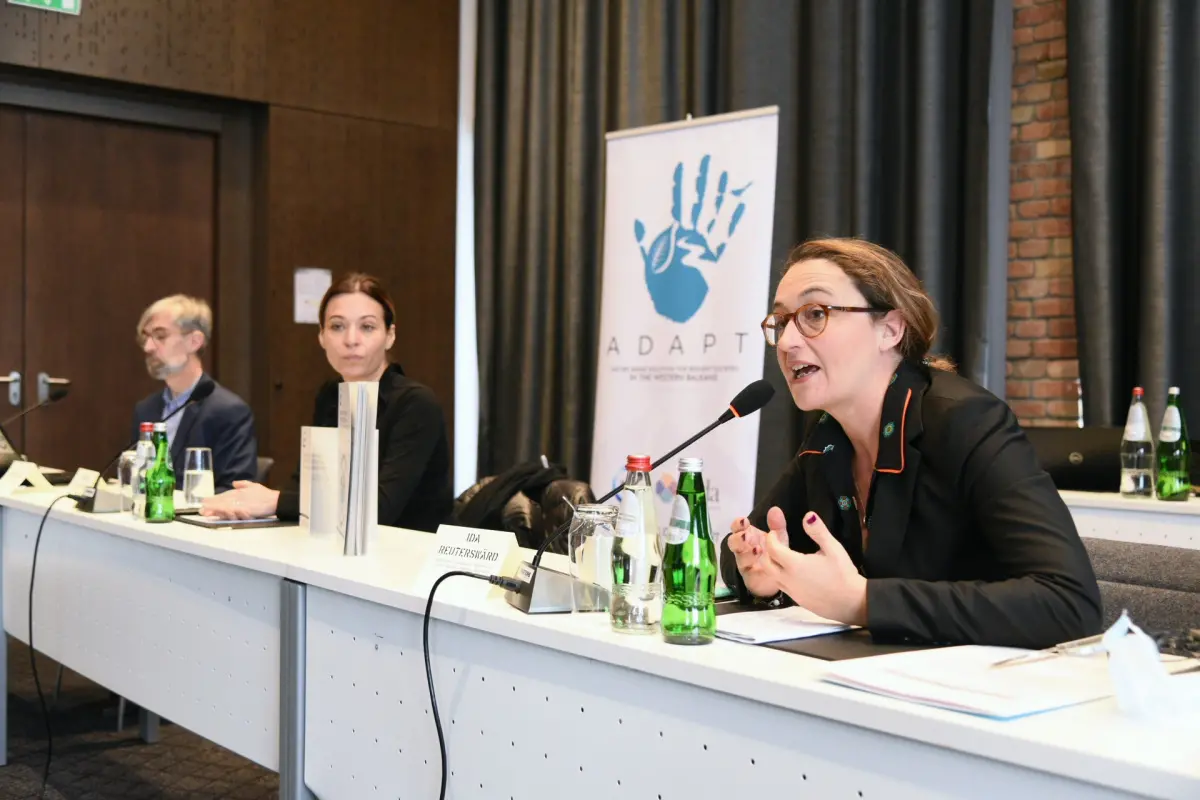
Story | 14 Dec, 2021
Nature-based Solutions as a response to climate change in Western Balkans
In cooperation with the Public Investment Management Office of the Government of the Republic of Serbia a working lunch for key partners in Serbia was organised to discuss the application of Nature-based Solutions aimed at…
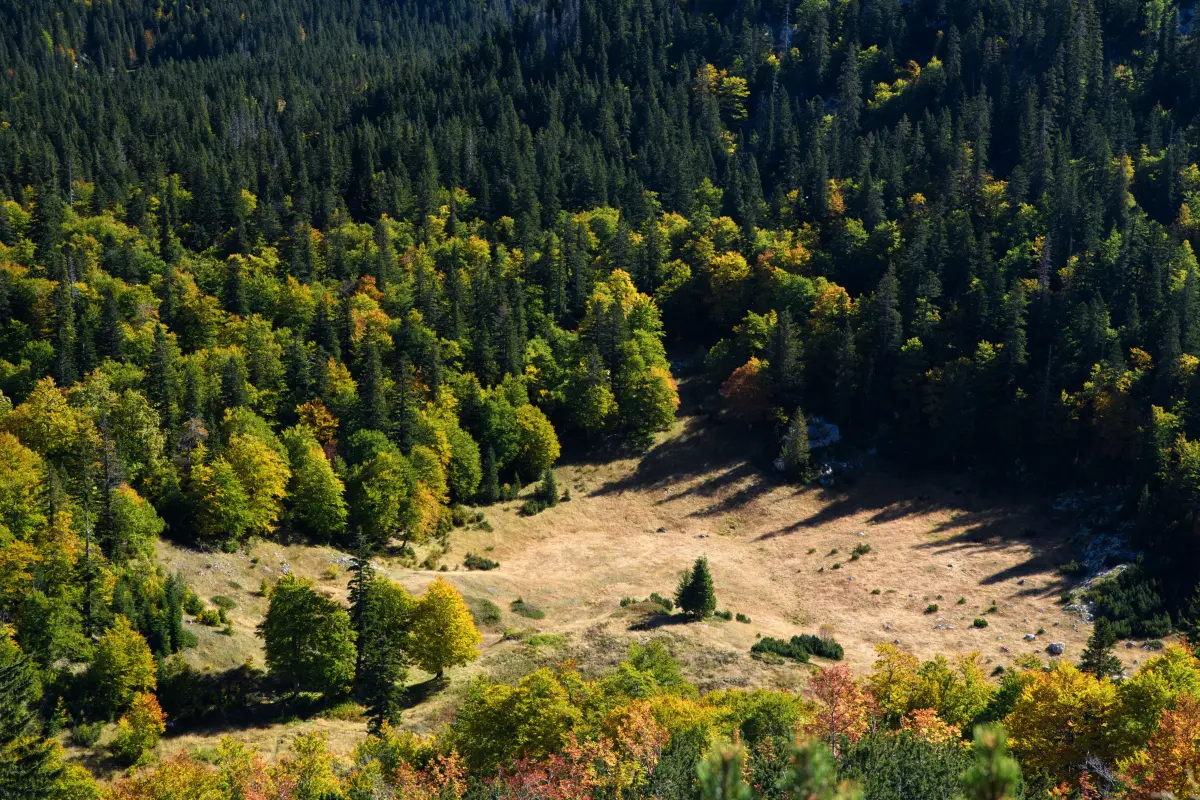
Story | 12 Oct, 2021
The Bonn Challenge/ECCA30 initiative welcomes three new pledges from the region
Three new regional Bonn Challenge pledges were announced today at the Ministerial Meeting on Forest Landscape Restoration (FLR) and the ECCA30/Bonn Challenge in Eastern and South-East Europe organised by FAO and UNECE, in cooperation with the International Union for Conservation of Nature (IUCN…
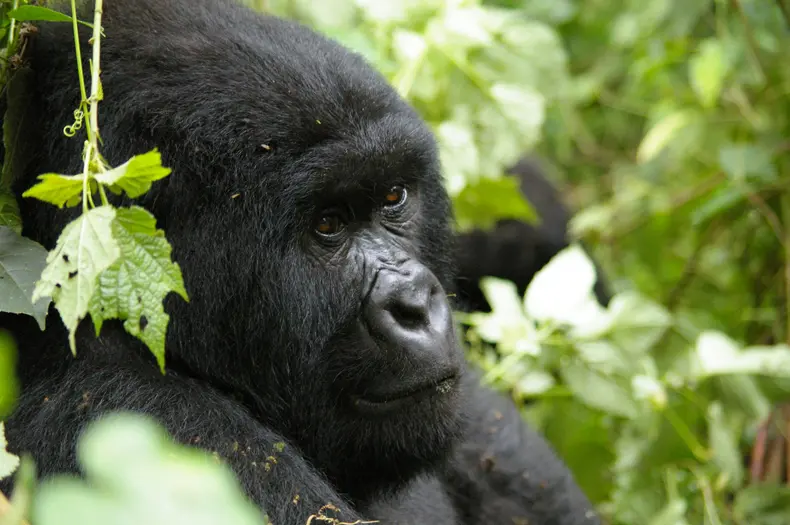
Press release | 02 Feb, 2014
IUCN welcomes Total’s ‘no-go’ commitment in World Heritage sites
Oil and gas company Total has confirmed that it will not carry out extractive operations within natural World Heritage sites, including Virunga National Park. IUCN welcomes this decision and calls on all oil and gas companies to follow suit.
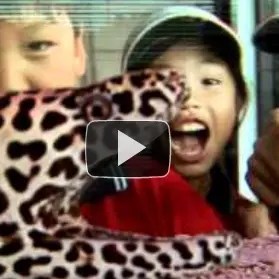
Story | 23 May, 2011
Video in Arabic, Chinese, French, Hebrew and Spanish: Love. Not Loss.
This popular video is now available in six languages. Screen it at your next event and start people talking about how to 'communicate biodiversity'.
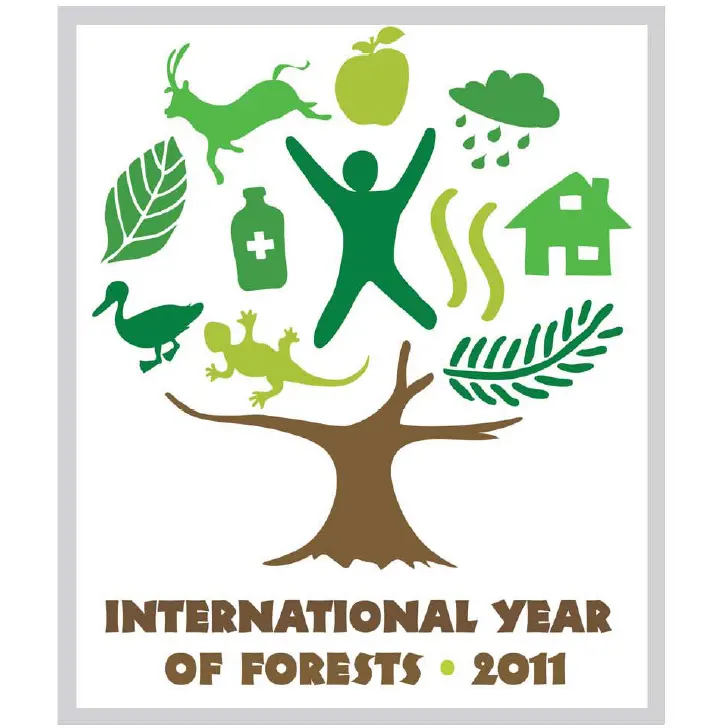
Story | 02 Jan, 2011
IUCN welcomes ‘Forests 2011’ - International Year of Forests
The world’s forests are essential to life in all its diversity and to attaining humanity’s biggest goals such as reducing poverty, curbing climate change and achieving sustainable development. Throughout 2011 IUCN will work towards making sure that forests deliver their maximum potential for…
